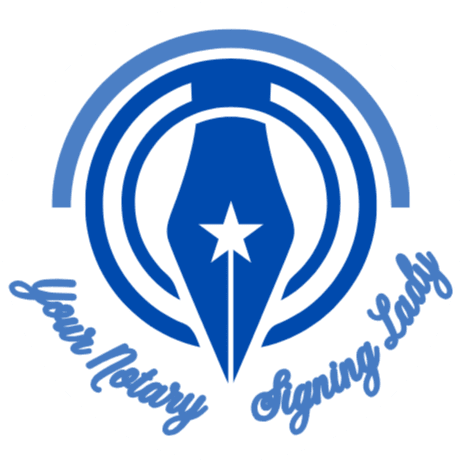FAQ
It's important to note that the specific requirements and procedures can vary by jurisdiction, so it's a good idea to check with the Notary Public beforehand to understand any specific requirements or to inquire about the need for an appointment. Additionally, not all documents may require notarization, so it's advisable to consult legal or professional advice if you are unsure whether notarization is necessary for your particular situation.
A Notary Public is a public official who serves as an impartial witness to the signing of important documents and verifies the identity of the signatories. The primary function of a Notary Public is to prevent fraud by attesting to the authenticity of the signatures on legal documents.
Notary Public:
A Notary Public is a public official appointed by a state government to serve as a witness to the signing of important documents and to verify the identity of the signatories.
Their primary function is to prevent fraud by ensuring that the individuals signing documents are who they claim to be and that they are signing willingly and knowingly.
Notaries Public can notarize a variety of documents, including wills, deeds, powers of attorney, affidavits, and more.
Their duties are generally broader and can extend to various types of documents and transactions.
Notary Signing Agent:
A Notary Signing Agent is a specialized type of Notary Public who focuses specifically on notarizing real estate documents, particularly those related to mortgage closings.
The role of a Notary Signing Agent often involves traveling to the location where a real estate transaction is taking place, such as a borrower's home or a title company, to oversee the signing of loan documents.
Notary Signing Agents are familiar with the specific requirements and procedures associated with real estate transactions and mortgage documents.
They may also be responsible for ensuring that the documents are properly executed and returned promptly to the involved parties.
The types of identification that a client needs to present to a Notary Public can vary depending on the jurisdiction and local regulations. However, there are common forms of identification that are generally accepted by Notaries Public. These may include:
Government-Issued Photo ID:
Driver's License: A valid driver's license issued by a government agency.
Passport: An unexpired passport issued by the government.
State-issued ID: A state-issued identification card with a photograph.
National Identification Card:
Some countries issue national identification cards that may be accepted as a form of identification.
Military ID:
Active duty or retired military personnel may present a valid military ID.
Other Forms of Government-Issued ID:
In some cases, other government-issued identification cards may be accepted.
It's important to note that the identification presented should generally be current, unexpired, and contain a photograph of the individual. Additionally, the name on the identification should match the name of the individual signing the document.
If the client does not have a government-issued photo ID, they should check with the Notary Public in advance to see if alternative forms of identification are acceptable in their jurisdiction. Some jurisdictions may allow for the use of credible witnesses or other means of identification under specific circumstances.
Contact
Send a Message
Ready to experience professional notary services that prioritize your needs and confidentiality? Reach out to Your Notary Signing Lady today for efficient, reliable, and convenient notarizations. We're here to make your paperwork hassle-free!
